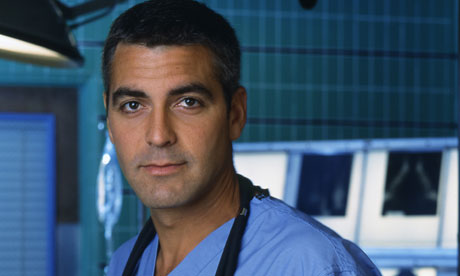
Obviously, one does not wish to become expert at having cancer, or even to become familiar with having cancer. One wants to have it once at the very most, and to live to tell the tale. Nevertheless, lack of experience of cancer treatment and how to deal with it is a problem for the ingenue sufferer. It's all so new and unpredictable, and that in itself can be overwhelming.
A few weeks back, I had my first chemotherapeutic dose of a drug called Docetaxel, and didn't know quite what to expect. From the start, my reaction seemed different to previous chemotherapy treatments. I felt much more ill. Six days after the treatment, I woke up to find that small contusions had opened up in the corners of my eyes. The next day, angry red patches had developed all round them, making me look like a Halloween panda.
A well person would have known something was very wrong. But I just spent a week in bed feeling more and more wretched, until my husband eventually called the oncology clinic, which told him to take me to A&E, and pronto. Yikes.
Happily, the A&E doctor was a soap opera doctor – focused, handsome, confident that all corners of life could be relied upon to provide amusement, and gratifyingly keen to lay all the blame for my tardiness at the door of my poor husband. I perked up immediately. He diagnosed an infection in my breast, which had been operated on earlier in the summer, pumped me full of antibiotics, and packed me off to a surgical ward.
After a couple of days of unsuccessful infection-bashing, they operated, removing the hardware that had been placed in my empty breast in a partial reconstruction. Much time and money down the drain, because I was too dumb to "bother" the medics. Often people rail against military language in describing cancer. I used to myself. Now, increasingly, I shrug and say: "C'est la guerre."

